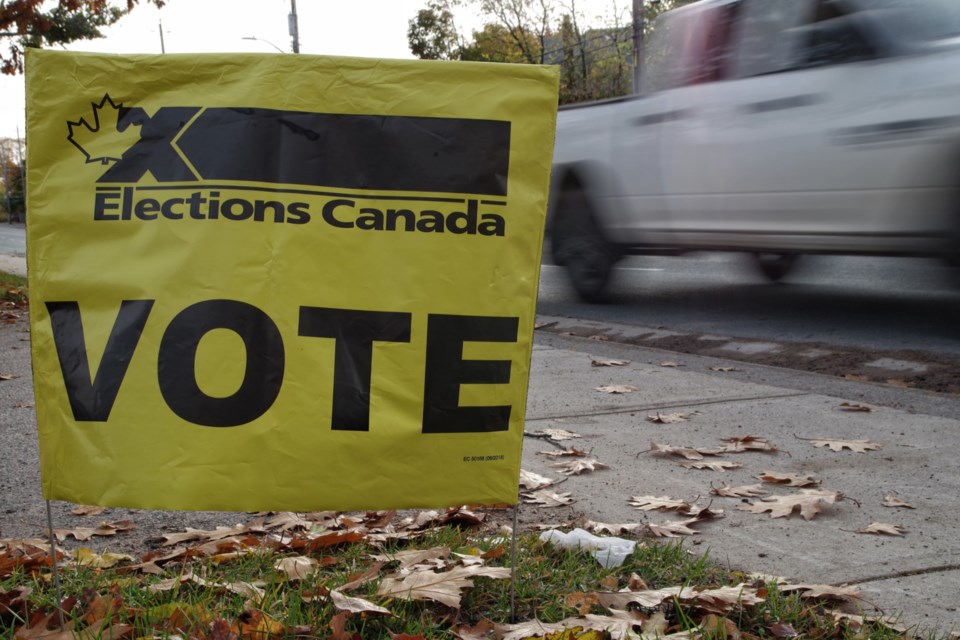As the campaign for the federal election gets underway, the longstanding Liberal riding of Guelph could be toppled this election cycle, according to Tim A. Mau, associate professor in the department of political science at the University of Guelph, who said the Liberals can’t take anything for granted.
Mau said if LIberal leader Justin Trudeau were to face defeat in this election, he was not sure if incumbent Lloyd Longfield would hold the seat in Guelph as the riding has a real tendency to go with the party that ultimately wins the election.
“It’s easy to come to the conclusion that Guelph is a Liberal riding, but, really if you look historically the riding has simply followed the trends of the broader electoral cycle,” said Mau. “In 1993 Brenda Chamberlain got elected, but that was the big Liberal sweep when the conservatives were almost wiped off the electoral map.”
Created in 1979, the riding of Guelph has historically voted in line with the federal with the national leader who is taken office.
An anomaly occurred during the Frank Valeroite years when the federal government changed from Liberal to Conservative with Stephen Harper defeating Paul Martin, and the local riding stayed Liberal. The Liberal party has held the Guelph electoral district seat since 1993 when Brenda Chamberlain flipped the riding from conservative.
Chamberlain served as the ridings MP until 2008 when Valeroite took over the reigns for the area until 2015, when Lloyd Longfield was elected as the member of parliament for the riding. All three are LIberals.
“I think there are obviously very strong pockets of continued support for the Liberals. The Liberals have been willing to continue to spend money and to invest in people, which I think certainly resonates with a lot of Canadians, particularly those who are more disadvantaged and need that assistance,” said Mau. "But certainly there are others who are very, very concerned about the level of expenditures that the federal government has engaged in since the pandemic and even beyond that.”
And while the local MP is the representative for the riding, Mau believes a lot of voters will cast their ballot for the federal leader they want to win with the individual personalities at the local level typically counting for very little in swaying the vote.
“Lot’s of Canadian voters will look to the national level, or if we are talking provincial level, the provincial level leadership, and make a determination as to which of those party leaders best represents their values and aspirations for their county or province and will vote for the local candidate on that basis,” said Mau.
Mau added the reason he believes Valeroite was able to keep Guelph Liberal during the Harper years was because of his tremendous reputation within the community and the level of engagement and activism he engaged in locally.
With the fourth wave of the COVID-19 pandemic underway, the outcome of the election could be swayed on the ability of voters to safely get to the polls, and if the voter feels safe casting their ballot in person.
“As we’re entering into the fourth wave of the pandemic there is still a concern of large gatherings of people. So, the act of going to cast a ballot at an elementary school, which is typically where a lot of these polling stations are held, might be troubling or concerning for many people,” said Mau.
The four major party leaders are currently canvassing in Guelph with Canadians heading to the polls on September 20.
